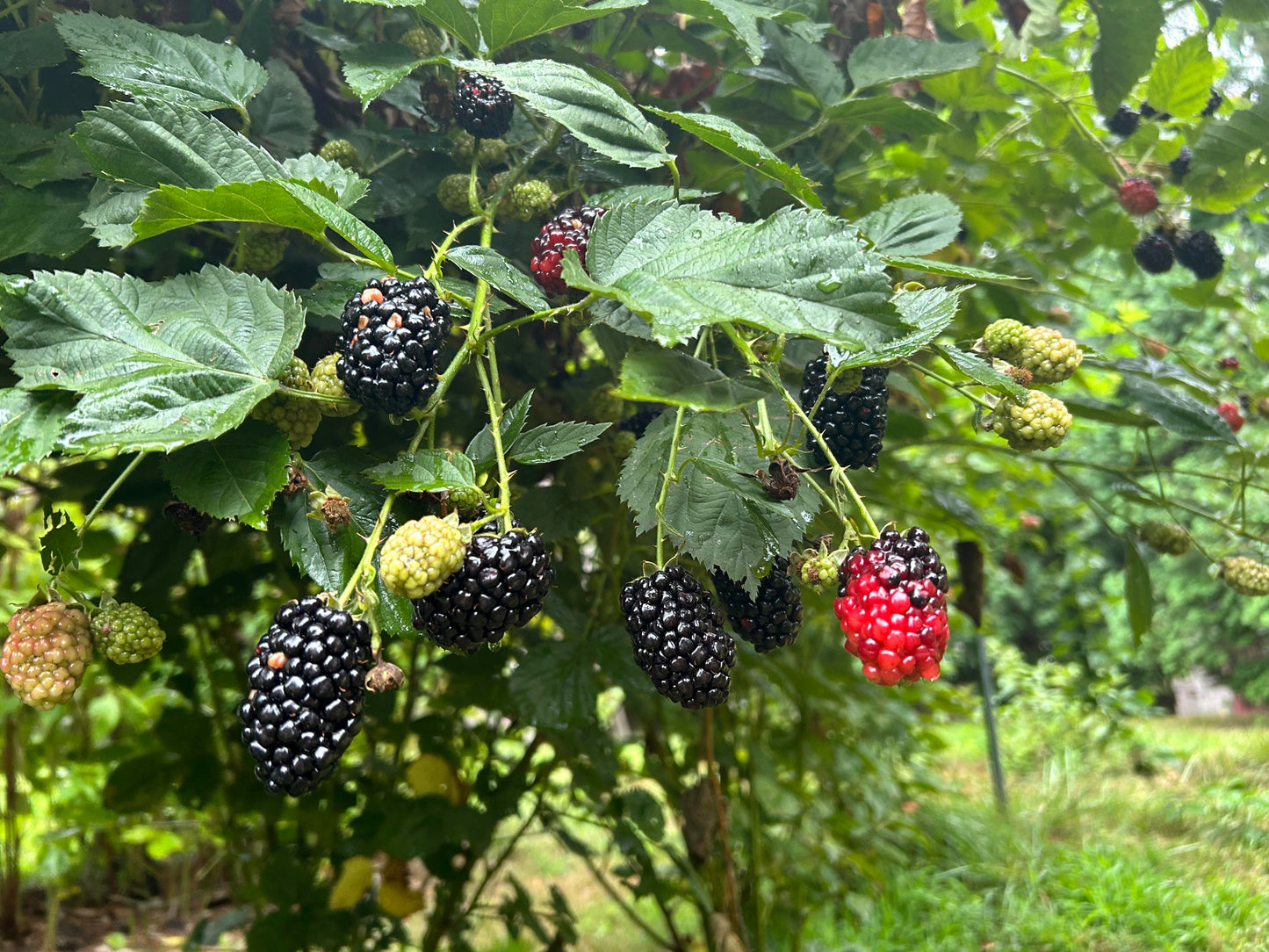Specifications
Bloom season
|
Botanical name
|
Color
|
| Features |
Growing zone
?
|
| Your zone: ? |
Growing zone list
|
Light requirements
|
Mature height
|
Mature width
|
Size
|
What's My Growing Zone?
We've determined that you're located in . This means that you're growing zone is .
Not correct? Change your zip code































